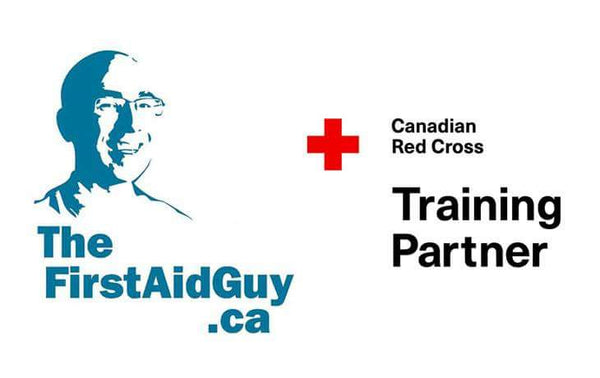Preventing Accidents in the Kitchen: Kitchen Safety Tips
Share
Introduction
The kitchen is the heart of any home, a place where delicious meals are prepared, and cherished memories are made. However, it's also a space where accidents can happen if proper safety measures are not taken. From burns and cuts to slips and falls, the kitchen poses several potential hazards. In this blog, we will explore essential kitchen safety tips to help you prevent accidents and create a secure cooking environment for yourself and your loved ones.
-
Keep Your Workspace Clean and Organized
A cluttered kitchen can increase the risk of accidents. Ensure that your countertops, floors, and cooking utensils are clean and free of any potential hazards. Keep appliances and cords away from the edge of countertops, and store sharp objects like knives in a designated, secure location.
-
Use Caution When Handling Hot Items
Burns are a common kitchen mishap. When handling hot pots, pans, or dishes, always use oven mitts or heat-resistant gloves to protect your hands. Be mindful of steam when opening lids or uncovering dishes, as it can cause burns. Place hot items on heat-resistant surfaces, such as trivets or cooling racks, rather than directly on countertops.
-
Exercise Care with Knives and Sharp Objects
Knives are essential tools in the kitchen but can be dangerous if not handled properly. Always use a cutting board to protect your countertop and your fingers. Hold the knife securely with a firm grip, keeping your fingers away from the blade. When not in use, store knives in a knife block or a drawer with blade guards to prevent accidental cuts.
-
Practice Fire Safety
The kitchen is a common area for fires to start. Never leave cooking food unattended, especially when using high heat or oil. Keep flammable items, such as dish towels, paper towels, and oven mitts, away from the stovetop. Install a fire extinguisher within reach and know how to use it. In case of a grease fire, avoid using water; instead, smother the flames with a lid or use a fire extinguisher specifically designed for grease fires.
-
Be Mindful of Electrical Appliances
Electrical appliances, such as toasters, blenders, and microwaves, make our lives easier in the kitchen. However, they can pose risks if mishandled. Make sure cords are in good condition and not frayed or damaged. Keep electrical appliances away from water sources to prevent electrical shock. Unplug appliances when not in use and avoid overloading electrical outlets.
-
Prevent Slips, Trips, and Falls
A wet or cluttered kitchen floor can lead to slips, trips, and falls. Immediately wipe up any spills to prevent slippery surfaces. Use rugs with non-slip backing in front of the sink and stove. Keep floors clear of any obstacles or loose cords that may cause you to trip. And always use a stable step stool when reaching for items stored in high cabinets.
Conclusion
Safety should be a top priority in the kitchen, where accidents can happen in the blink of an eye. By following these kitchen safety tips, you can minimize the risks and create a secure environment for cooking and enjoying time with family and friends. Remember, practicing caution, maintaining cleanliness, and using proper tools and techniques will help you prevent accidents and make your kitchen a safe haven for culinary creativity.
Learn more by taking a First Aid course with us . More information and to register at www.TheFirstAidGuy.ca
